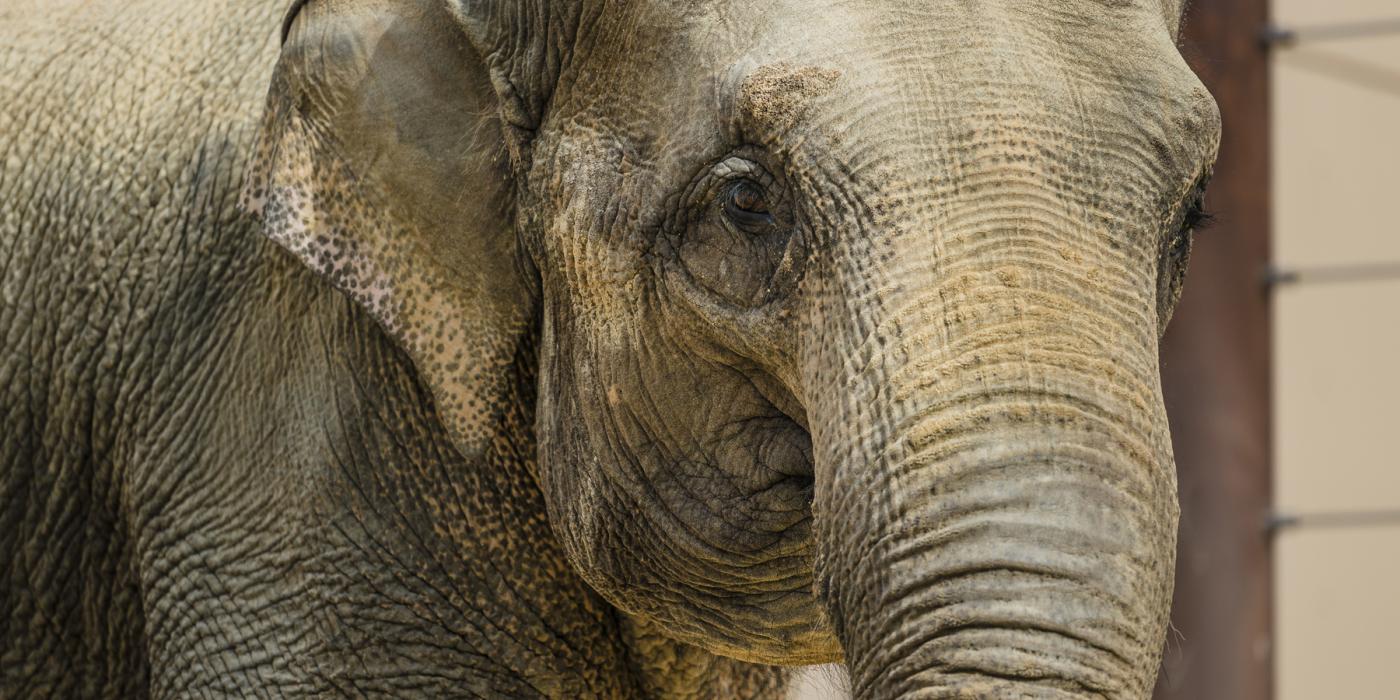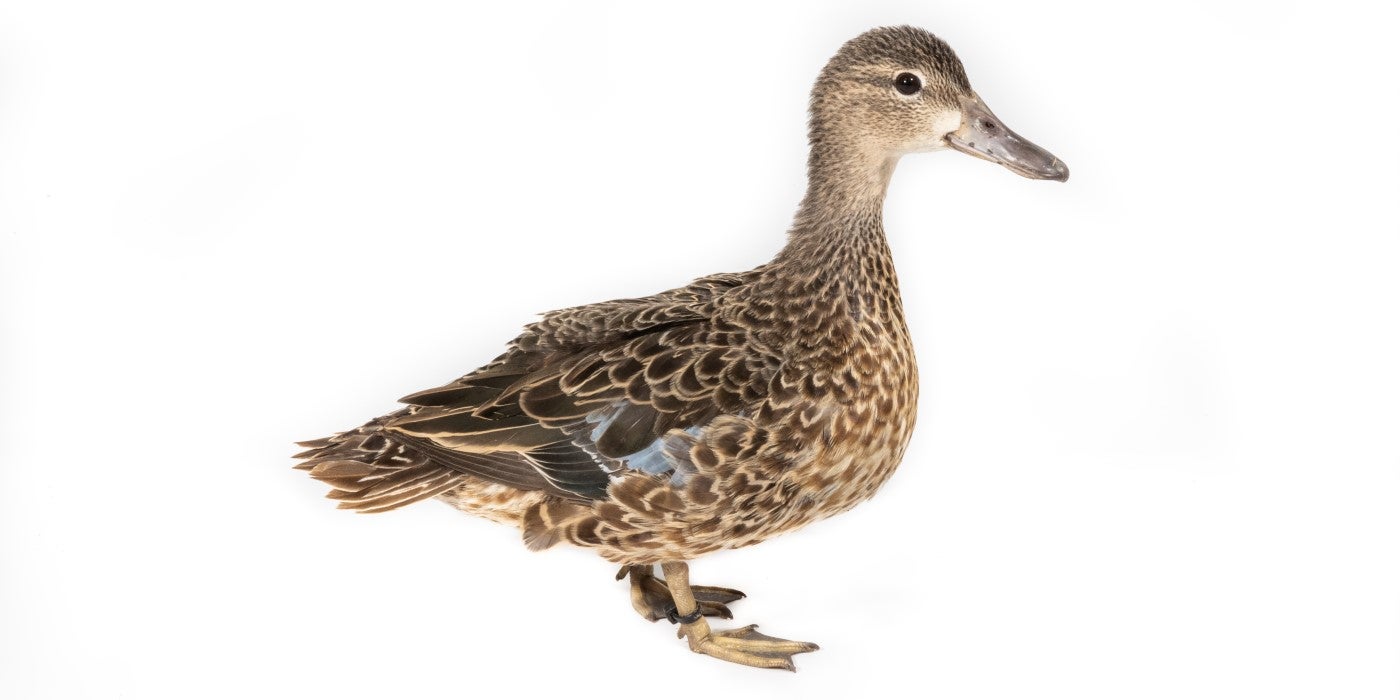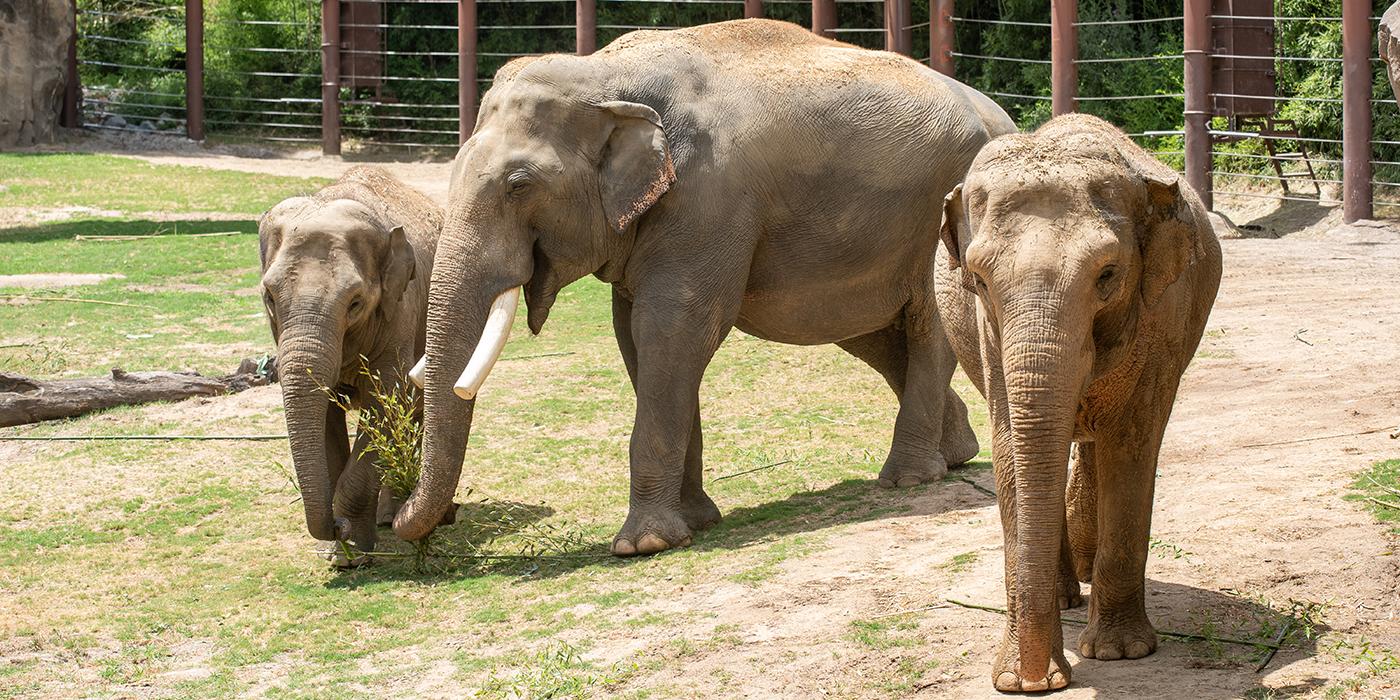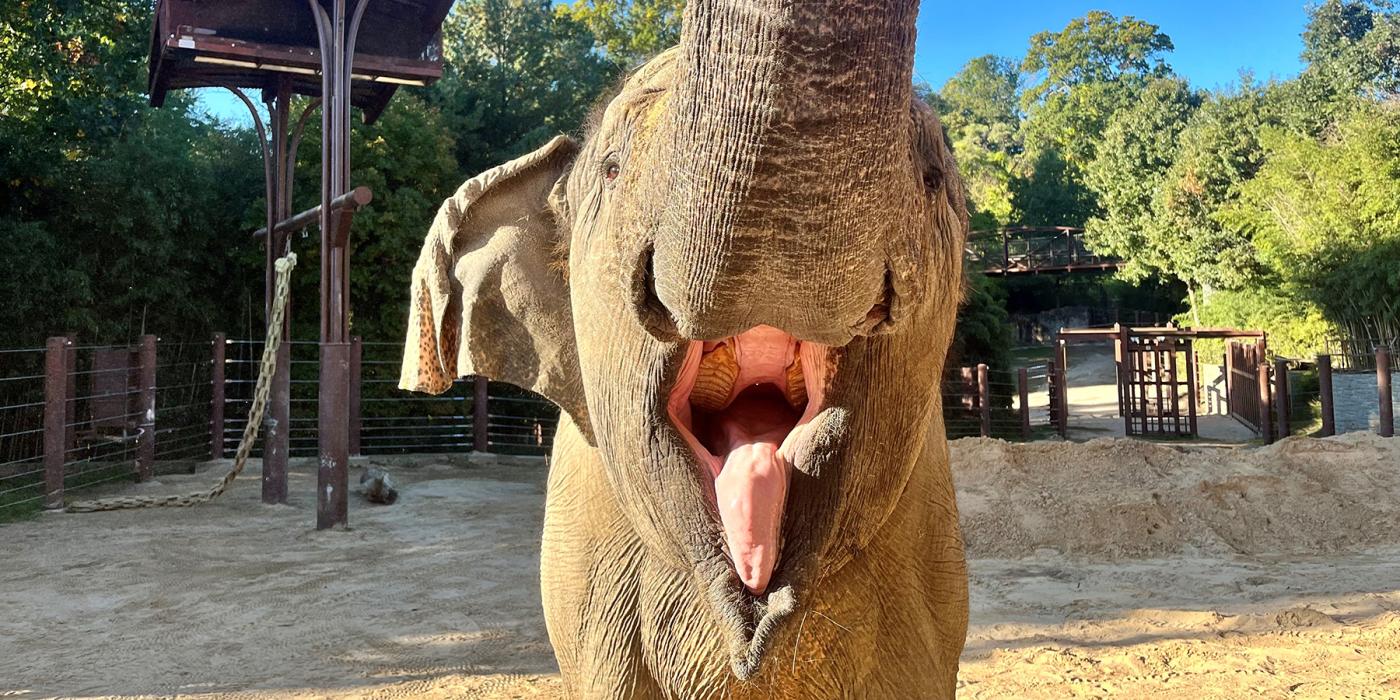Happy Birthday, Maharani!
This update was written by elephant keeper Kayleigh Sullivan.
Female Asian elephant Maharani is turning 29 years old Sunday, July 14, and we are celebrating with her favorite thing—food! To complement her name, which means “princess” in Hindi, our Department of Nutrition Sciences created a giant princess-themed cake made of frozen, diluted fruit juice. Since July is one of the hottest months of the year, it will be a welcome and refreshing treat. Stop by the Elephant Outpost and the Elephant Trek at 11 a.m. Sunday to watch Rani enjoy her cake during our keeper talk.
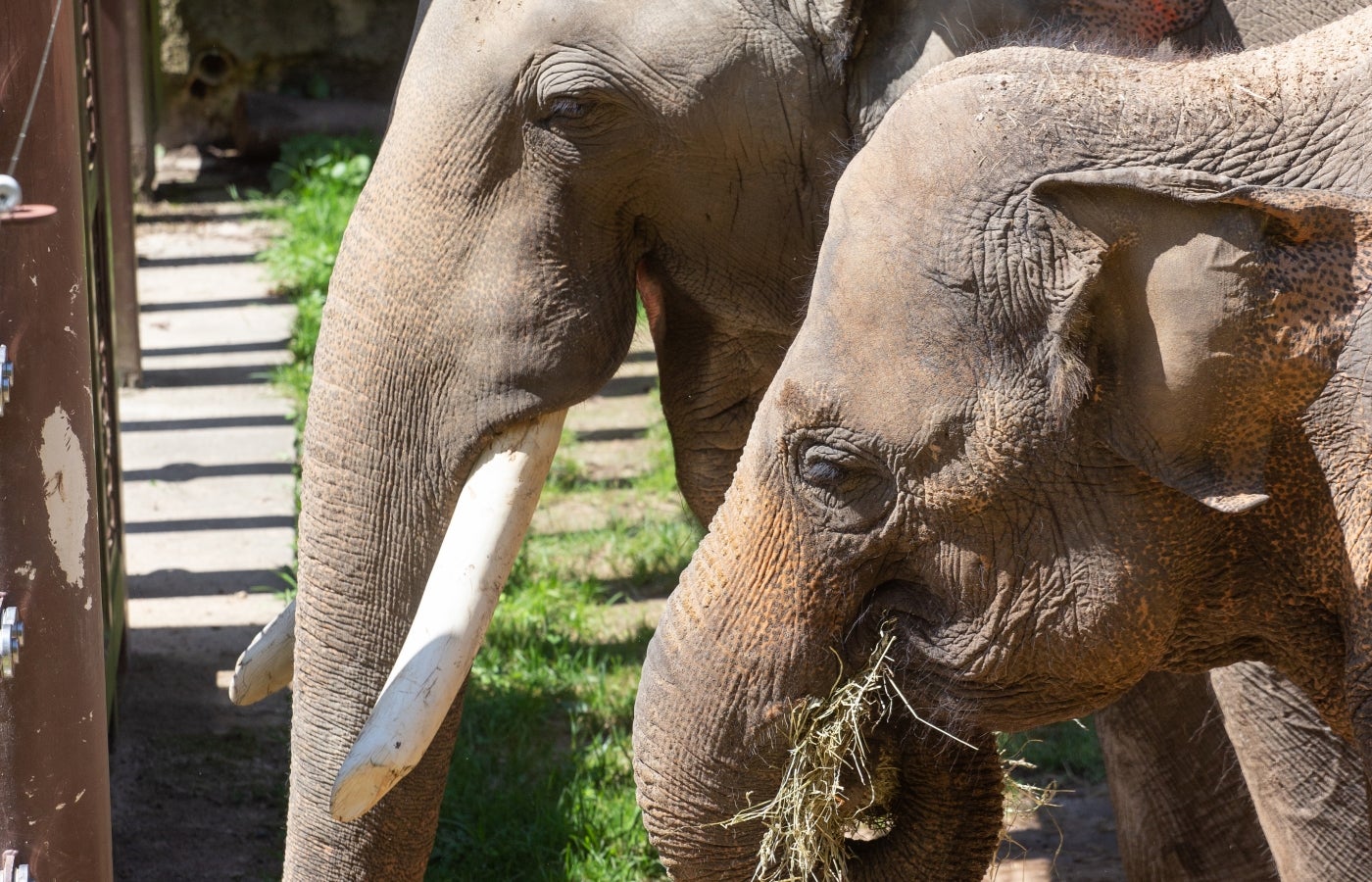
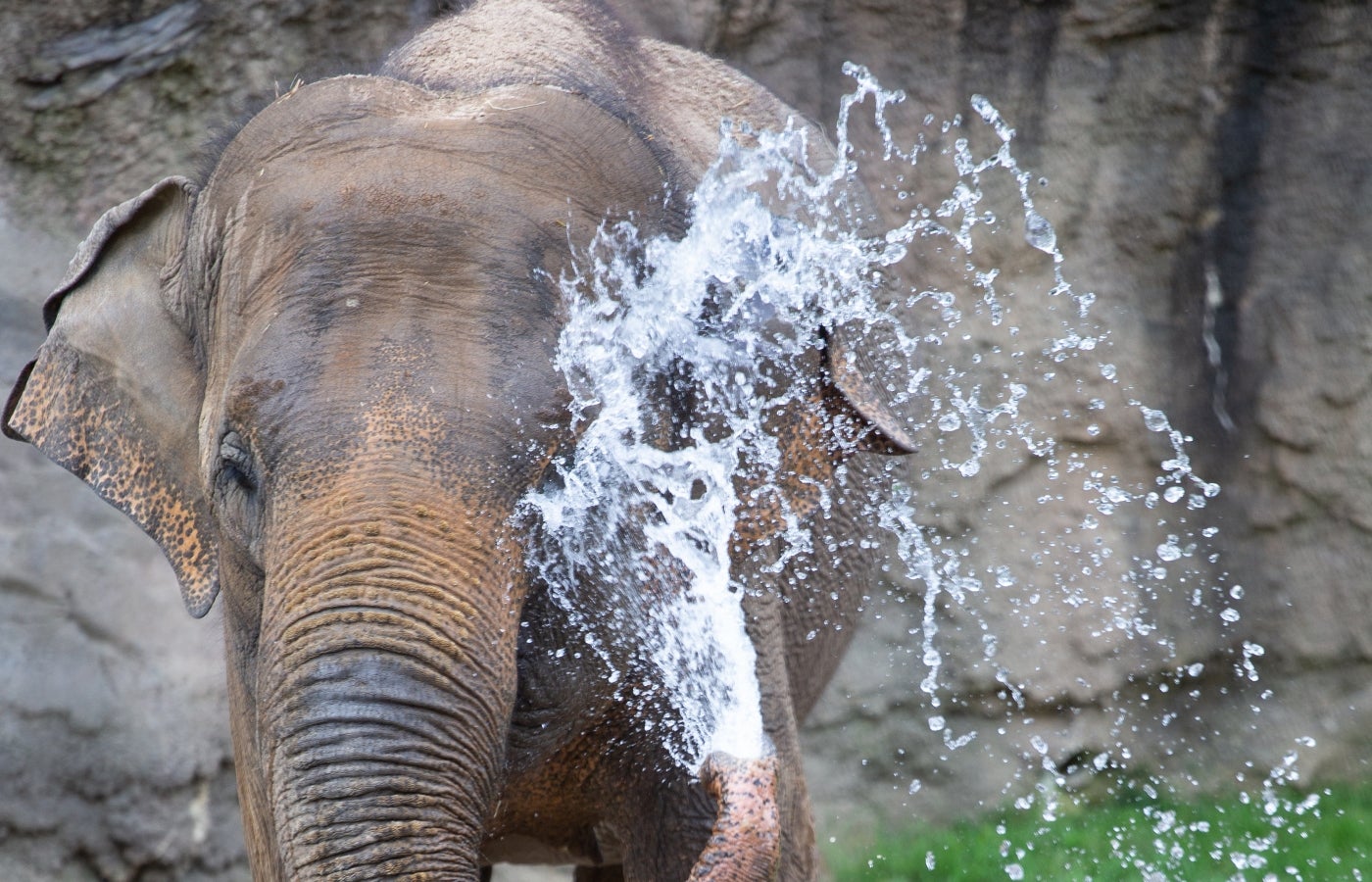
Related Species:

